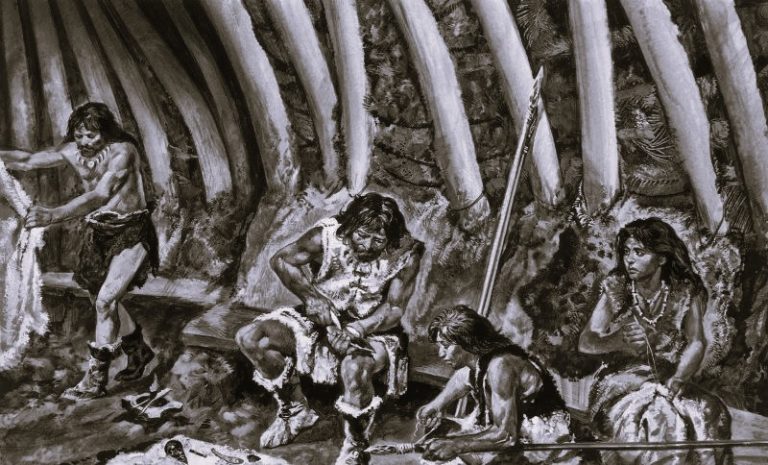David Isay TED Presentation
Over thousands of archived and broadcast interviews, StoryCorps founder Dave Isay has created an unprecedented document of the dreams and fears that touch us all.
David Isay
Story Collector
Filmed March 2015
Dave Isay opened the first StoryCorps booth in New York’s Grand Central Terminal in 2003 with the intention of creating a quiet place where a person could honor someone who mattered to them by listening to their story. Since then, StoryCorps has evolved into the single largest collection of human voices ever recorded. His TED Prize wish: to grow this digital archive of the collective wisdom of humanity. Hear his vision to take StoryCorps global — and how you can be a part of it by interviewing someone with the StoryCorps app.
Why you should listen
From the first interview he recorded, 2015 TED Prize winner and MacArthur Fellow Dave Isay knew he’d found his calling: preserving the stories of everyday Americans. Since then, Isay has amassed hundreds of thousands of recordings, most of previously unheard or ignored voices, all speaking in their own words. The archives of StoryCorps — which Isay founded in 2003 — are included at the Library of Congress’ American Folklife Center, and now constitute the largest single collection of recorded voices in history.
StoryCorps invites friends, loved ones and strangers to conduct 40-minute interviews at intimate recording booths in Atlanta, Chicago, San Francisco, and (until 2011) New York, as well as in mobile studios nationwide. Offering moving and surprising glimpses into the hearts of often marginalized and forgotten subjects, the interviews are a familiar feature of NPR’s Morning Edition and Storycorps.org.
At TED2015, Isay shared an audacious wish for StoryCorps: to open up the format from its signature booths with a StoryCorps app that allows anyone to add to this “digital archive of the collective wisdom of humanity.” The vision: to take this idea global, and begin collecting stories around the world.
What others say
“There’s nothing quite like [StoryCorps] in the American media. It’s an antidote of sorts to an oft-bemoaned media climate that rewards celebrity excess, political extremism and bad behavior. It celebrates normalcy.” — The New York Times, October 23, 2013









